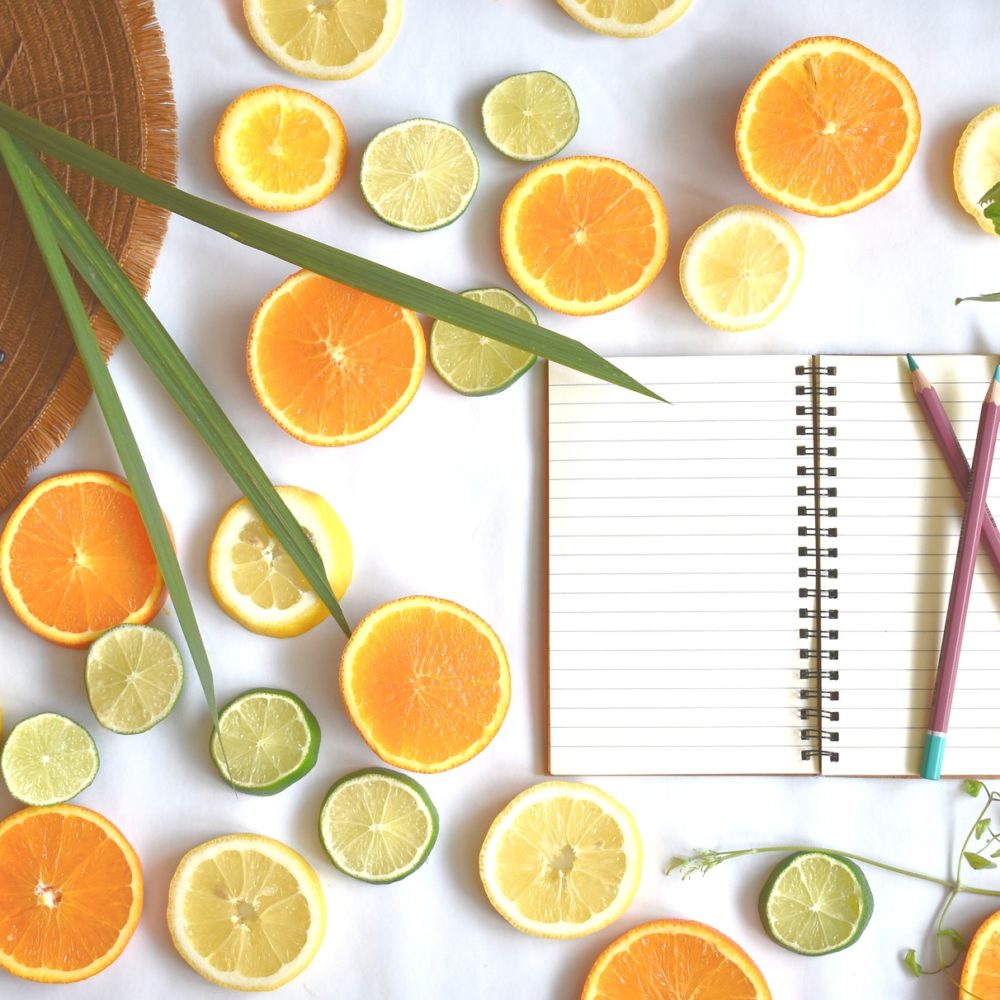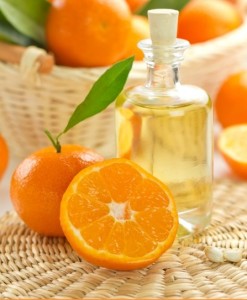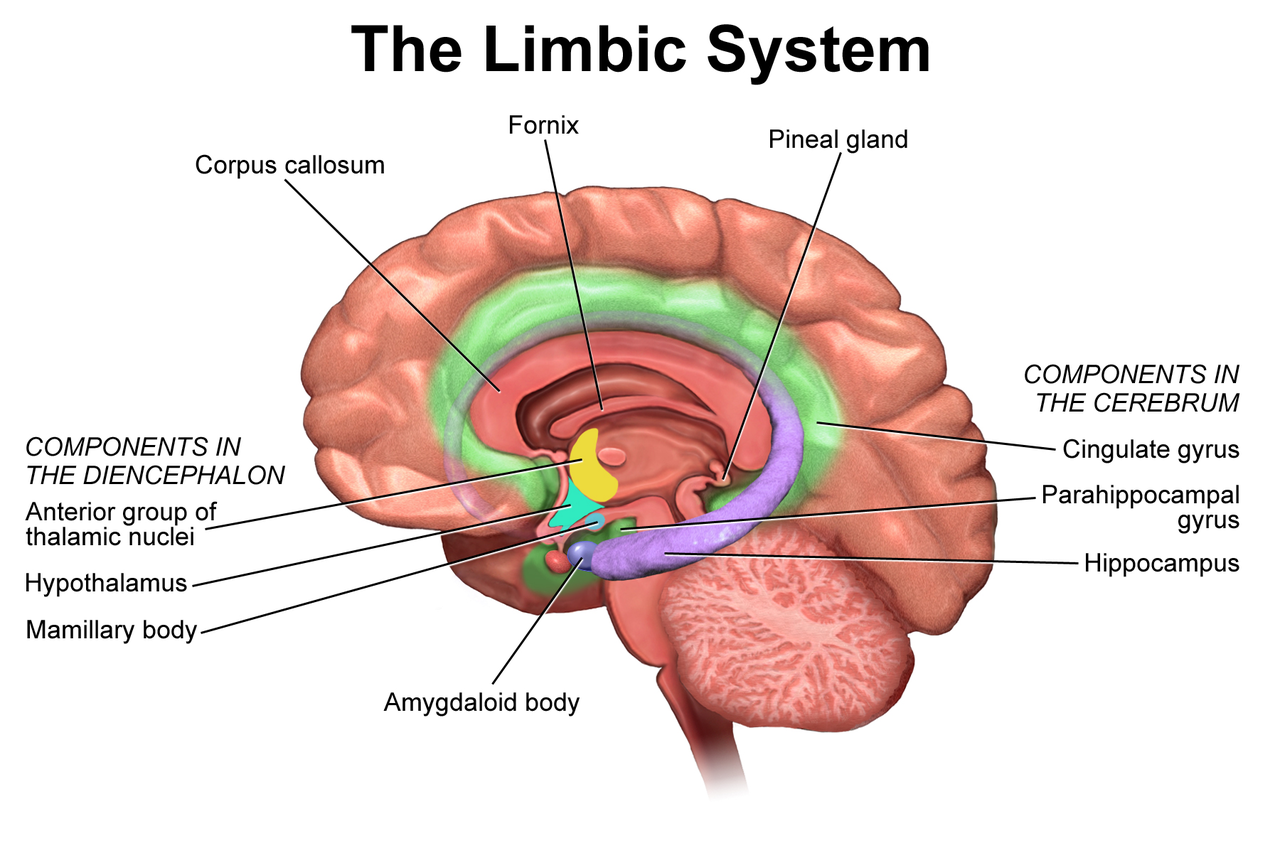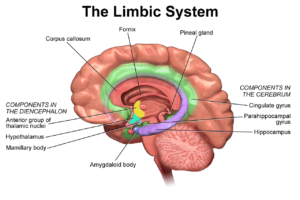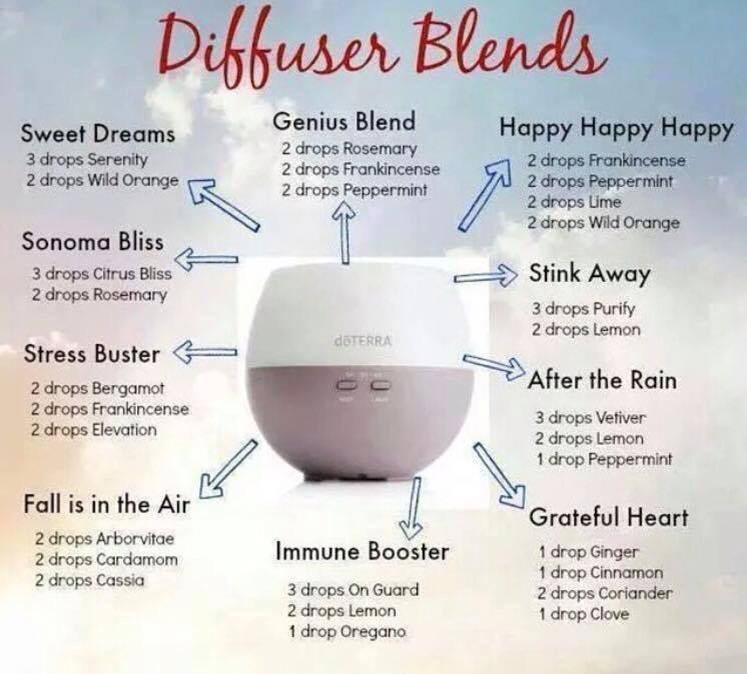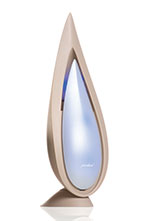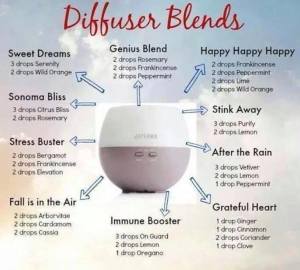As you might already know, mindfulness is a way to be in the present and only the present. You focus on what you are doing or thinking at this moment, without worrying about the future or dwelling on the past. Mindfulness can be used for so many things, from helping you to lose weight, to re-gaining your focus on important work projects. It is really important for your mental and emotional health, as well as your physical health.
One specific method of being more mindful is through meditation. The two things combine to allow you to be a happier, more fulfilled and more balanced person. Here are some things to know about mindfulness meditation.
What is Mindfulness Meditation?
First of all, it can help to learn a little more about what mindfulness meditation is and how it can help you. The following information is going to give you more insight into what meditating in a mindful way means and of course the different ways it can help you.
You now know that mindfulness is a way of being, thinking, and living in the moment. If you are eating a meal, you are focused only on what you are eating, including the textures, flavors, and sensations. You aren’t watching TV or thinking about your budget meeting. You only focus on your meal. This practice can also be used with meditation.
Mindfulness is not easy to pick up right away, especially during a busy day when your negative thoughts and stressful situations creep up in your mind constantly. This is why you should start by also practicing meditation.
How to Start Meditating
Instead of trying to stress yourself out with both mindfulness and meditation at the same time, start slow. Just start with basic meditating. Find yourself a quiet space where you can really focus on the meditation. This can be anywhere from your bedroom at night before bed to even the shower or when you are going for a walk. If you can do it at home where you can sit comfortably with your eyes closed, that can be helpful.
Start your meditation by focusing on your breathing and only thinking about the breathing. Focus on taking in each breath and letting it out. Think about your lungs, and not about your next meal or all the appointments you have next week. This simple act will help you to retrain your mind to think about just one thing, which is the essence of both meditation and mindfulness.
Using Mindfulness With Meditation
Now that you have a good introduction to meditation, you can start using mindfulness. Once you get used to sitting quietly and trying to clear your mind of all those nagging thoughts and only think about your breathing, you can then start with the practice of mindfulness. This is when you are only concerned with the present moment. Once you have the breathing practice down, choose just one thought to focus on. Only one thing happening in this current moment. This is a good introduction into how mindfulness meditation works.
The Benefits of Mindfulness Meditation
Before discussing more tips on mindfulness meditation, it helps to know why you should start this practice. There are actually many advantages to mindfulness meditation, from lowering your stress to helping with your mind’s focus, memory, and concentration. Mindfulness meditation can also help your physical health, which is something many people are not fully aware of. Take a look at some of these benefits of mindfulness meditation.
Stress Reduction
One of the top reasons people like mindfulness meditation is because it helps reduce their stress. When you start meditating and living in the present with mindfulness, you learn how to think about things differently. It isn’t going to magically get rid of all those stressful situations and people in your life, but it helps you to deal with them better. You develop a healthy coping mechanism where you understand and appreciate things for what they are, and stop dwelling on how much worse they could be. It truly is remarkable how helpful this is for your overall stress and anxiety.
Improved Memory
If you struggle with memory issues, this might be more to do with how much you are trying to keep track of in your mind. Memory issues are often linked to negative thoughts and overthinking. When you start the bad habit of overthinking, it tends to lead to over-analyzing things as well. This is only going to make everything more stressful and frustrating for you. If you can start mindfulness meditation, you will notice that you are focusing on one thing at a time, so your memory starts to improve as well.
Better Focus and Concentration
Other cognitive functions can also be improved with meditation, including your focus and concentration. Once again, you are changing the way you think about things, developing positive attitudes like acceptance, appreciation and gratitude, patience, and nonjudgment. This in turn allows you to focus on one thing at a time, whatever is happening in the present, instead of trying to think about too many things at a time. With proper mindfulness and meditation, you are learning how to adapt to everything around you, let go of the negative emotions, and appreciate all of the positivity in your life. It is very fulfilling and improves your overall focus in the long run. This can help with work, school, and anything else you are trying to achieve.
Lower Blood Pressure
As far as physical benefits, the first is lowering your blood pressure. This comes from a lot of the mental and emotional benefits, therefore lowering your blood pressure. Things like stress, anxiety, and lack of focus can overwhelm your mind, and actually have a negative effect on your body. When you start meditating and using mindfulness in your daily life, you will feel less stressed and overwhelmed, which can then cause your blood pressure to get a rest.
Weight Loss
Don’t forget about the benefits for eating and weight loss! Mindfulness isn’t just done in a meditation session, but throughout the day. By living more in the present, you can also focus on what is good for your body, starting with mindful eating. This is when you really think about your food choices and indulge in each meal, instead of being distracted and just grabbing any snack without thinking twice about it. Through mindful eating, you learn to notice the signs of actual hunger and not boredom or feeding your emotions. Over time, you will notice that it changes your eating habits and ultimately leads to weight loss.
Future Success
Finally, all of these benefits can help you future. You become more successful by being less stressed and more focused on the task at hand. You stop trying to multi-task and become a unitasker, which really does wonders for you. All of these things you learn through mindfulness meditation are going to help you in the future.
How to Start Doing Mindfulness Meditation
You have already have a brief introduction into what mindfulness meditation is and how it works, but let’s go a little deeper into the practice. You will also learn some helpful method, tips, and tricks that can help you if you are new to meditation.
Where to Meditate
As mentioned briefly in the previous section, you need to start by choosing the right place for your meditation. Schedule a time of the day when nobody else is home or when you have few distractions. Wait until the kids are at school or asleep, your significant other is otherwise engaged, and let the dogs outside for a bit. Every little distraction, from a knock on the door to a cell phone ringing is going to break you out of the meditation. You only need about 15-20 minutes to start with. For now, try to choose a place in the house where you can sit quietly and close your eyes. Eventually, meditation can be anywhere you find it relaxing, from driving to work to going for a walk or hike. However, right now you want to practice with your eyes closed, so choose your bedroom, living room, or even on your patio if it is quiet and peaceful enough.
Sit in your location with your eyes close and in a relaxing position. It should be a position where you will not be fidgeting or moving around constantly. Keep your back straight and hands relaxed.
What to Focus On
Once you have gotten into the right position, you can start with your mindfulness meditation. Traditional meditation calls for clearing your mind completely, so that is a good first step. Focus on your breathing first to clear your mind of all distractions, stressful situations, plans, and schedules. Put your to-do list away and watch your negative feelings and thoughts float away. Once you are only thinking about your breathing, your mind is clear, and you can start the mindfulness portion.
This is when you are focusing on just one thing, one thought, one scenario. You are being mindful about the present, so it can be as simple as thinking about the act of meditation or a scent you smell in the air. What you focus on is not as important as the act of meditation to relax your body and mind.
Find a Singular Object
It can also help to focus on a single object with your eyes opened or closed. If you want to close your eyes, get an object that is simple to hold in your hand. This can be anything that is small and easy to feel in your hands. You will close your eyes and hold this object, touching its details and curves, focusing on the sensations, shape, and size, and not on any other thoughts that try to creep in. You can also choose a visual object, such as focusing on a painting on the wall or placing an object right in front of you. Look at the colors, textures, and design of that object. What you are doing is training your mind to release all other thoughts and focus on one singular thing.
Be Patient
Remember to always be patient. Both mindfulness and meditation will take practice and is not something you are going to pick up right away. People need time to get used to clearing their minds and having a singular focus. You have lived all these years trying to multi-task, do everything at once, think about every little thing that could go wrong, making plans and schedules and to-do lists. It takes time just to relax and be in the moment, so make sure you are patient with yourself.
Incorporate Essential Oils With Meditation
As a final note, we want to discuss using essential oils in combination with meditation. This can be really helpful, especially for beginners. You are not only going to focus on the scents to help with mindfulness, but certain scents can actually help you relax even further.
Not All Oils Are Created Equal
The phrase, Truth in Advertising, has always felt like a bit of an oxymoron to me. There are many unscrupulous people out there selling adulterated essential oils. This means you are definitely not getting what you’ve paid for and that’s a shame because essentials oils are a powerful addition to your empowered health toolbox. So, buyer beware!
Thankfully, there are watchdogs out there working on our behalf like, Consumers Advocate. They’ve done the research for you. Since none of us like to feel “had”, check out their report HERE before purchasing your essentials oils.
My two personal sources I trust are doTERRA and Organixx.
Good Essential Oils to Use
You can use any oils you want, but there are some that are good for relaxing and calming the mind. Here is a list of some essential oils to try out, and the reasons why they are so helpful.
Lavender
One of the best and most relaxing essential oil scents to start with is lavender. Lavender is perfect for stress relief, lowering anxiety, and helping your mind and body to fully relax. You will feel calm with a scent that isn’t too strong or overbearing.
Lemon
You can also try lemon, which is especially good when you are doing the mindfulness meditation in the morning or when you want to be a little more alert. This is a fresh scent that also helps with improving your mood, reducing allergies, and improving your respiratory system.
Peppermint
Peppermint is a bit of a stronger scent, but you can dilute it even more or put a little less into your oil diffuser. Peppermint is good for oral health, respiratory support, and better focus and concentration. Like lemon, it is also a great mood lifter.
Rose
Rose is a light floral scent that will calm and relax your mind, while also helping your body to relax. This is good for beginners, and can easily be mixed with some of the other scents.

